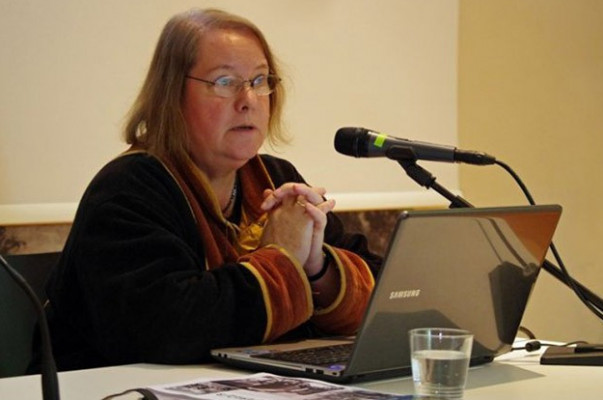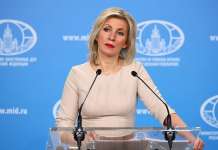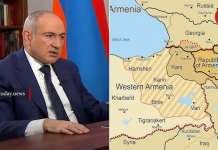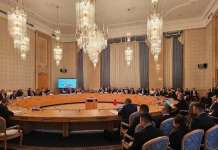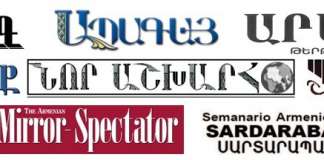It took 101 years until the German lawmakers formally recognized the genocide against one and a half million Ottoman Armenians, several hundred thousand Aramaic speaking Christians and more than a million Greek Orthodox Christians, the latter being victims both of the subsequent Young Turkish and Kemalist regimes during 1912-1922. The recognition came not only against a longstanding tradition of indifference and ignorance of official Germany, but also amidst highly troubled Turkish-German relations on governmental levels. How ambivalent the position of the German government was (and is), showed only three months later on September 2nd, 2016, when the Government’s speaker during a press conference by the Federal Government repeatedly emphasized that the Bundestag’s resolution of June 2, 2016, was of non-legislative character and subsequently did not bear any legally binding character, but simply expressed the opinion of the German parliament.
It was obvious to all observers that such statements were mainly caused by the Federal Government’s fear that Erdoğan might cancel the EU-Turkey agreements on refugees. It is noteworthy in this context to understand that in German media the genocide recognition of 2 June is usually quoted as the ‘Armenia resolution’ (“Armenienresolution”), as if there is no connection between this resolution and Turkey or the Ottoman Empire, at least. It is one of many, albeit minor indicators of continuing German evasiveness.
As a democracy, Germany is characterized by the functional division of power and an independent legal system with constitutionality. Whereas the Federal Government attempts to downplay the relevance of the parliamentary genocide recognition, the highest German court, the Constitutional Court, rejected on 7 December 2016 the constitutional complaint of several Germany based Turkish NGOs against the parliamentary resolution. The Constitutional Court ruled that the applicants had not proven in which way the resolution violates the applicants’ basic rights; furthermore, the Court did not allow any revision against its decision.
Coming to conclusions, we have the following positive effects of the German recognition campaign, as started in 1999 by several German and Germany based Armenian NGOs: Numerous publications in German media and by German publishing houses have significantly increased the overall awareness of the Ottoman genocide, in particular of the Armenian case. The peak of this cultural and publicist recognition was naturally in 2015. Under the impression of intense and immense media coverage, the Bundestag commemorated on April 24, 2015, the genocide against the Armenians, and in June 2016 issued an according resolution.
In this resolution, the German lawmakers commissioned the government with precise tasks to foster the Armenian-Turkish dialogue and reconciliation. It is now time to interpret and implement these measures, not only in foreign, but also in domestic policies. First of all, the Ottoman genocide(s) should be incorporated into the school curricula and textbooks for genocide awareness education and history. However, in school education, the 16 German Federal States (“Land”) are autonomous. So far, only two Federal states – the Land Brandenburg and the Land Sachsen-Anhalt – developed and published instructions for implementing the Armenian/Ottoman Genocide(s) into history education, albeit on a voluntary and not on a mandatory base.
The public discourse about such inclusion is polarized: While several education politicians of the “Länder” articulated that a pluralist post-migrant society should include the commemoration of the various immigrant communities, including genocide commemoration, the umbrella organizations of Turkish and Turkey born immigrants announced fierce resistance should the Armenian genocide ever be ‘imposed’ on Turkish school children in Germany.
Subsequently, there remains still a lot to do for Armenian and first of all German NGOs to overcome such rejection; as a German scholar on history and memory politics has noted, it is always the ethnic majority of a country that eventually determines what and in which way will be remembered. In other words: Interested Armenian self-organizations will have to convince German decision-makers why it is necessary to include the case of the Ottoman genocide(s) into school teaching. Useful allies in this forthcoming discourse might be the two German educationalist trade unions, but also individual scholars and educationalists who published on according topics.
September 2017 brings new parliamentary elections in Germany. It is a good occasion for all stakeholders to ask candidates, parties and factions about their positions on an inclusive genocide awareness education in German schools.


